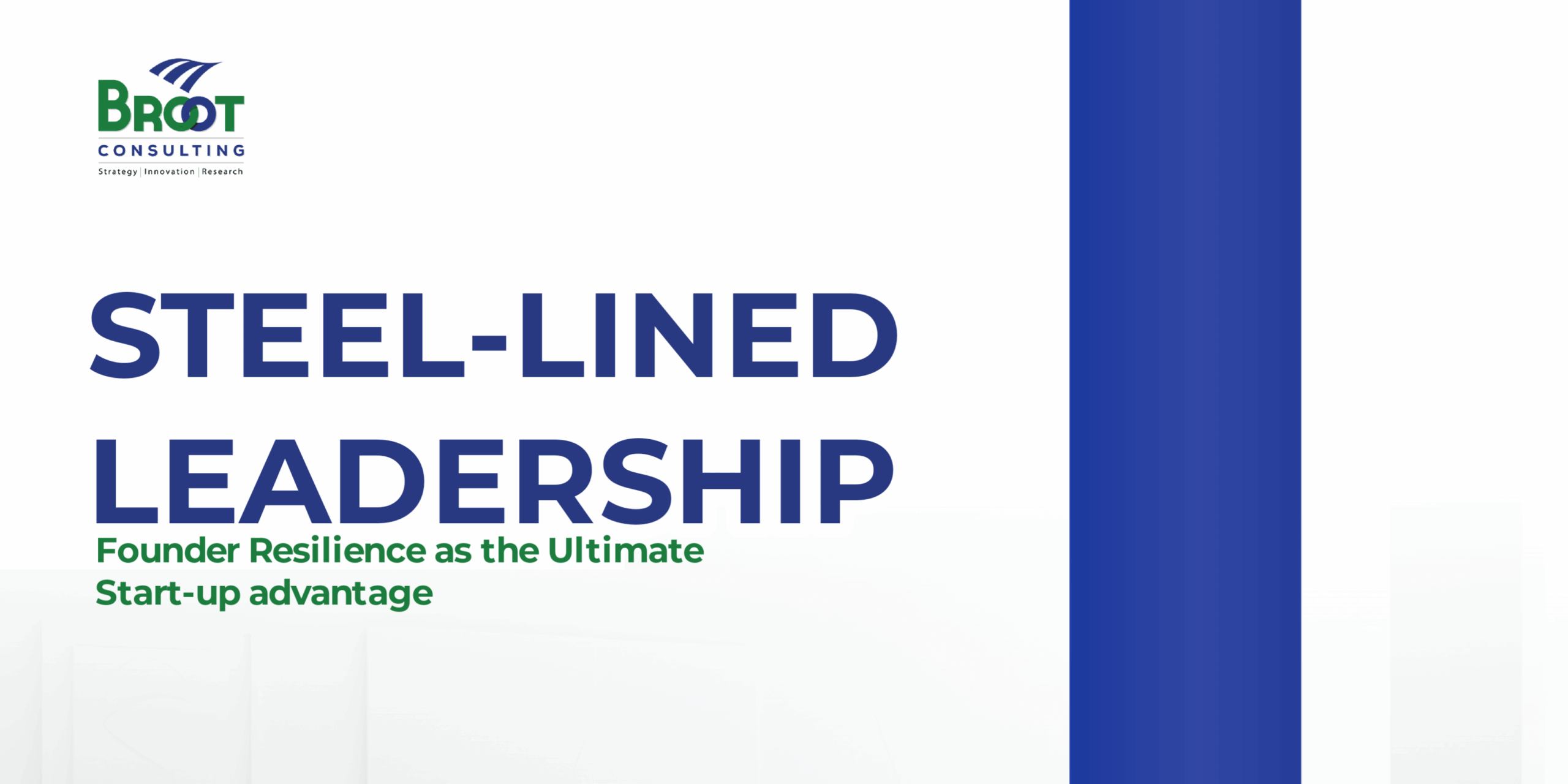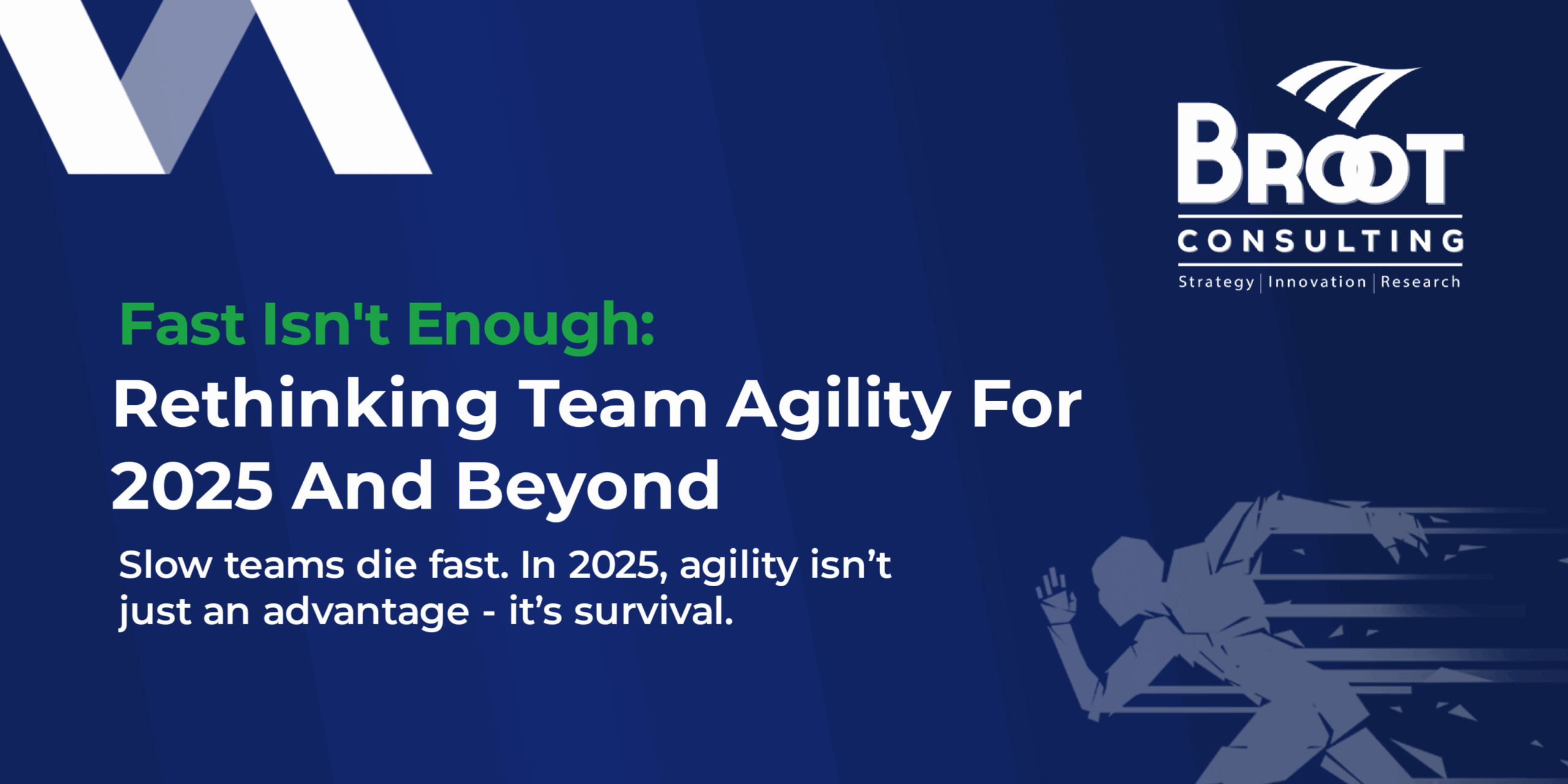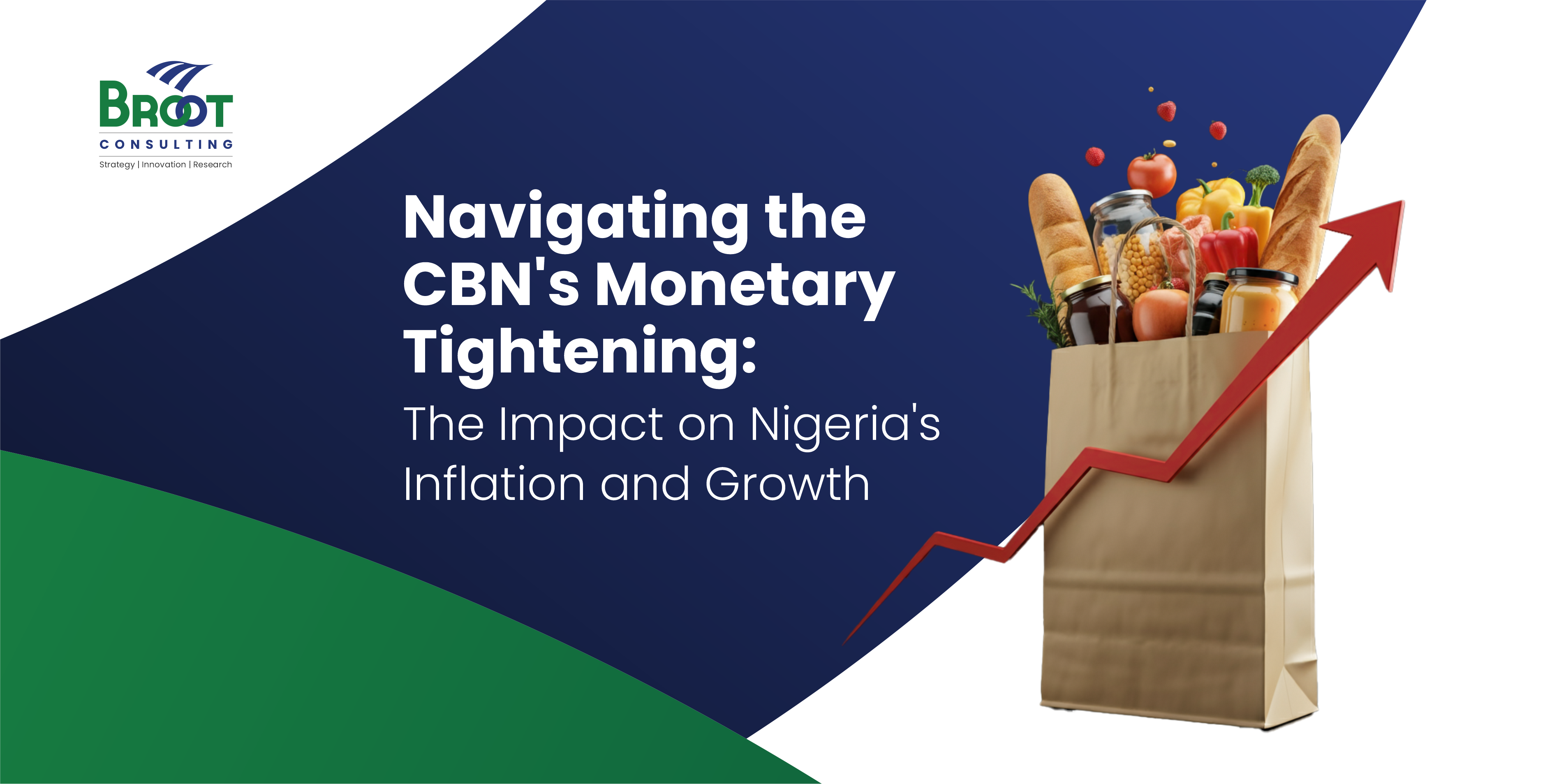“Good morning daddy. I’m saying good morning like this because I’m afraid if I come to you, I will get shouted at, because of how you were yesterday. Good morning again.”
The above was a WhatsApp chat from my 16-year-old daughter.
I was returning from a business trip on Thursday last week, five minutes away from home, I called my daughter to find out where she was (My wife had informed me earlier that due to a key recognition system malfunction, she may not be able to go pick her up)
Me: Where are you?
Daughter: “I am in Favour’s house.”
Me: Doing what?
Daughter: “What do you mean; doing what?”
I did not like her response. The fact that I was tired and had to prepare for the next meeting in 25 minutes, plus a couple of emails that I had to send before I could go to bed did not help matters.
I understood the gravity of our discussion when I woke up the next morning. Eighty-something cold characters were the replacement for the early morning hug from my daughter. The way that I had reacted had robbed me of something precious. Has your attitude robbed you of anything as a leader?
The New Skill Set for Leaders
Every leader needs to self-reflect, self-evaluate, embrace personal transformation and explore better ways of doing things. The “new Boss in our innovation-driven environment is a social-architect, she/he leads from behind and figures out how and where his/her team could add unique value. An effective leader is humanistic, selfless, and empathic with an innate collaborative skill that delivers the best result. A different skill-set, mindset and tools are required for this. Robert Tucker, of Innovation Resource Consulting Group, stated that innovation is about how fast you can unlearn, relearn and master new skills. It’s about how you engage others in a deeper, more humanistic and passionate level.
Creating an atmosphere of withdrawal

The father-daughter drama described above led to coldness and withdrawal; I failed to show empathy, otherwise, how did I think that she and her 10-year-old sister would get home if they had not been picked by their Mum? The idea of asking my driver to drive another 50 minutes to go and pick them did not sit well for me: it seemed a waste of time, energy and resources. Isn’t this typical of executives?
How will you describe the relationship between you and your subordinate? As I reflected on the episode, I began to ponder on values, opportunities, great ideas and warmth that get lost in organisations due to poor reactions that make subordinates fearful, cold and withdrawn. The pressure from Business environment notwithstanding, leaders must live above board and keep their employees motivated and inspired to get the job done.
Some of the behaviours that lead to withdrawal and coldness in the workplace are:
- Rigid Mindset: in 2013, the CEO of Nokia, Stephen Elop at press conference to announce its acquisition by Microsoft said, “we didn’t do anything wrong, but somehow we lost” Nokia’s reputation in its hay days is summed up in the tagline: “We are Nokia, we have all the engineering know-how in-house!” Leaders with the know-it-all and rigid mentality demotivate their team, stifle innovation and breeds mistrust. At Nokia, the company confused knowing with learning. The right mindset is flexible and willing to learn.
- Egocentric leadership style: “my way or the highway” mentality is dictatorial and oppressive and cannot harness the full benefits of Innovation. Great leaders know when to lay their ego aside. Humility makes leaders attractive and approachable. A great leader must elevate the overall interests of the company, the employees, customers and other stakeholders above his/her interests.
- Failure to recognise efforts and undue emphasis on the “result is everything”: Instilling fear of failure is counterproductive. Do you only praise employees who deliver results without appreciating those who put in significant effort? Having served in upper management for about 20years, my guiding principle was: Effort is something, the result is everything. Looking back, I am bold to say that employees that show a great deal of effort are: consistent, loyal and empathetic. They continuously learn to improve their skills, and with necessary support, they excel beyond expectations because they are marathon runners with great ability for endurance.
- Undue-pressure and unrealistic expectation: there is little empathy in the workplace, employees are put under pressure because we believe it will make them deliver the result. Hendrie Weisinger, a psychologist at the Kellogg School of Management, studied 12,000 people who work under pressure, she came up with an interesting finding: the belief that people perform best under pressure is a myth, and one of the worst productivity killers is when a boss enforces insincere deadlines for no reason or exaggerates the need to meet set target. The best way to inspire productivity, according to Mandy O’Neill of George Mason University is to create a culture of compassionate love rather than cultures of stress and pressure.
Leaders need to embrace innovation and align people around innovation agenda. It is important that leaders rethink their roles, responsibilities and overhaul their styles. Harvard Business School, Professor Linda Hill, coined the idea of Leading from Behind. She borrowed from the wisdom of Nelson Mandela. Who likened great leader to a shepherd “He stays behind the flock, letting the nimblest go out ahead, after that the others follow, not realising that all along, they are being directed from behind.” cthey want to be given the opportunity to co-author their organisation’s purpose. They want to be associated with organisations that serve as positive forces in the world. When you make that happen, you shall deliver breakthrough result.
 Dr Olukunle A. Iyanda, Ph.D., FCA, MBA
Dr Olukunle A. Iyanda, Ph.D., FCA, MBA
Founder/Chief Executive Officer, BROOT Consulting
iyanda@brootc.com




